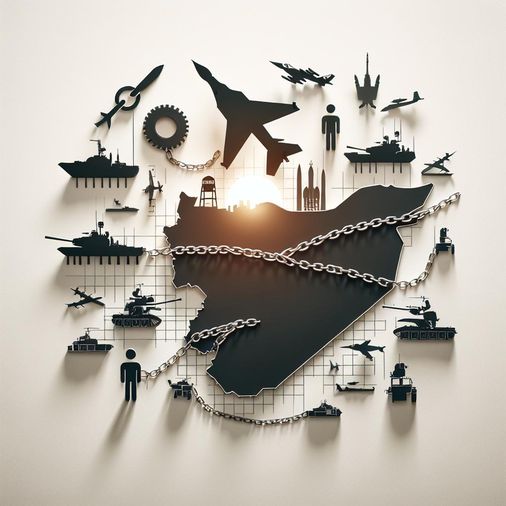Rising Tensions in the Middle East: Casualties, Military Operations, and Calls for Ceasefire

As the conflict in the Middle East continues to escalate, reports from both Israeli and Palestinian authorities indicate a high number of casualties, particularly in Gaza, where at least 100 people were killed in an Israeli airstrike targeting a school that was reportedly being used as a Hamas command center. This strikes at the heart of the ongoing debate over the tactics employed by both sides in the conflict, with accusations of human rights violations and the use of civilian areas for military purposes.
Israeli forces launched the attack on the school during the early morning Fajr prayer, leading to protests from groups like the Palestinian Islamic Jihad who described the timing as a calculated decision to maximize civilian casualties. While the Israeli military contends that precision munitions were used and measures were taken to minimize civilian harm, the toll of civilian lives lost raises significant concerns regarding the legality and morality of these operations.
Simultaneously, the Israeli military has initiated a new operation in Khan Yunis, targeting what they claim are organized terrorist activities in the region. This move follows a series of other military actions, including drone strikes in Lebanon that have resulted in the deaths of Hamas leaders and Hezbollah fighters. An Israeli strike in the Ain al-Hilwah refugee camp in Lebanon has further inflamed tensions, signaling a broadening of Israel's military focus outside its borders.
With the situation rapidly deteriorating, regional powers like Qatar, Egypt, and the United States have stepped in, urging both Israel and Hamas to return to ceasefire negotiations in a bid to establish some form of stability. This diplomatic intervention highlights the international community's concern over the rising death toll and the humanitarian crisis unfolding in Gaza, where access to vital health services has been severely hampered.
The World Health Organization has expressed urgent need for a ceasefire to facilitate a polio vaccination campaign for over 600,000 children, amid fears of a potential outbreak following the discovery of the virus in wastewater in Gaza. However, a conducive security environment remains a precondition for such health initiatives to be effective.
Additionally, the geopolitical implications of the ongoing conflict have led to heightened military readiness among nations in the region. Russia has introduced a ban on its airlines from conducting night flights over Israeli airspace, speculated to be a precautionary measure linked to increasing tensions and potential Iranian retaliation for the targeted assaults on Hamas leadership.
The cyclical nature of violence in this region continues to pose challenges for humanitarian efforts and regional stability, with calls for accountability and dialogue becoming increasingly critical as the civilian death toll continues to climb. Calls for a ceasefire come amid concerns of international bias in diplomatic engagements, as seen with Norway's recent conflicts with Israel over its recognition of Palestine.
As nations grapple with the consequences of continued military action, the prospects for peace remain fragile, with the international community's role becoming essential in navigating the tensions and facilitating dialogue between the conflicting parties.
Related Sources:
